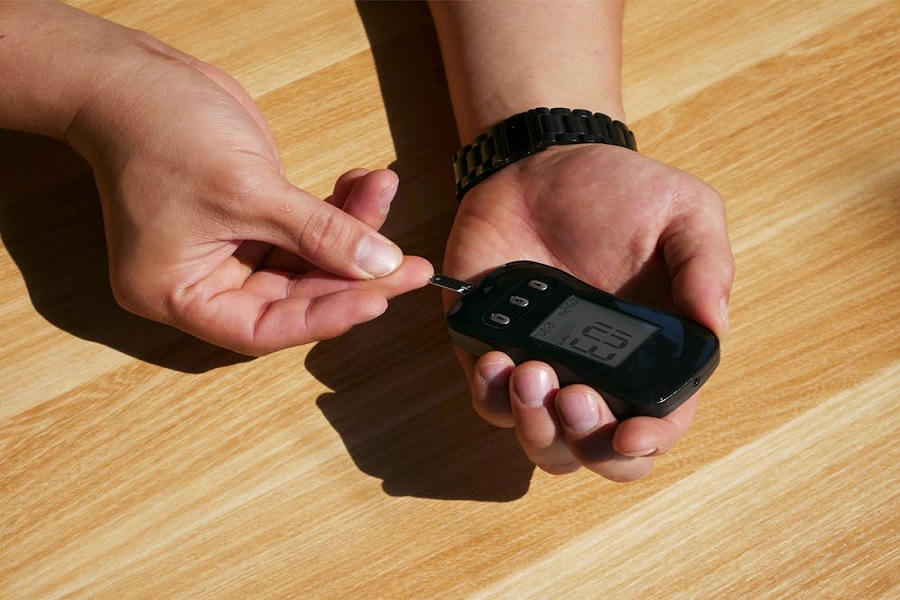
Follow us Now on Telegram ! Get daily 10 - 12 Interesting Updates. Join our Telegram Channel https://t.me/OhWomen
Download Telegram App before Joining the Channel
A person checking their blood sugar levels using a glucometer. Simple yet vital, this routine is a cornerstone of managing diabetes and preventing serious complications. With chronic diseases like diabetes on the rise globally, especially type 2 diabetes, such moments remind us how self-awareness and early action can transform health outcomes.
The Importance of Blood Sugar Monitoring
Blood glucose monitoring allows individuals—particularly those with diabetes—to:
Track how food, exercise, medication, and stress affect their sugar levels
Make informed dietary and lifestyle choices
Detect hypoglycemia (low blood sugar) or hyperglycemia (high blood sugar) early
Prevent long-term complications such as nerve damage, vision loss, heart disease, and kidney failure
The device in the image—a glucometer—is a portable, user-friendly tool that provides instant blood sugar readings. With just a tiny finger prick and test strip, people can gain immediate insights into their metabolic health.
Who Should Monitor Their Blood Sugar?
Type 1 & Type 2 Diabetes Patients: To manage insulin or medications effectively.
Prediabetic Individuals: To catch early signs and prevent progression.
Pregnant Women with Gestational Diabetes
Those on specific medications or with a family history of diabetes
The Power of Prevention
While regular monitoring is essential for those already diagnosed, it also plays a role in preventive healthcare. With lifestyle-related diseases becoming more common, people are increasingly using home monitoring devices to stay ahead of potential issues.
Simple Steps, Lifesaving Results
This image is not just about a medical device—it’s about empowerment. It represents taking control of your health, making proactive choices, and breaking the chain of preventable illness. It shows that health management doesn't always require hospitals—sometimes it starts right at home, in our hands.
Source : Oh Women